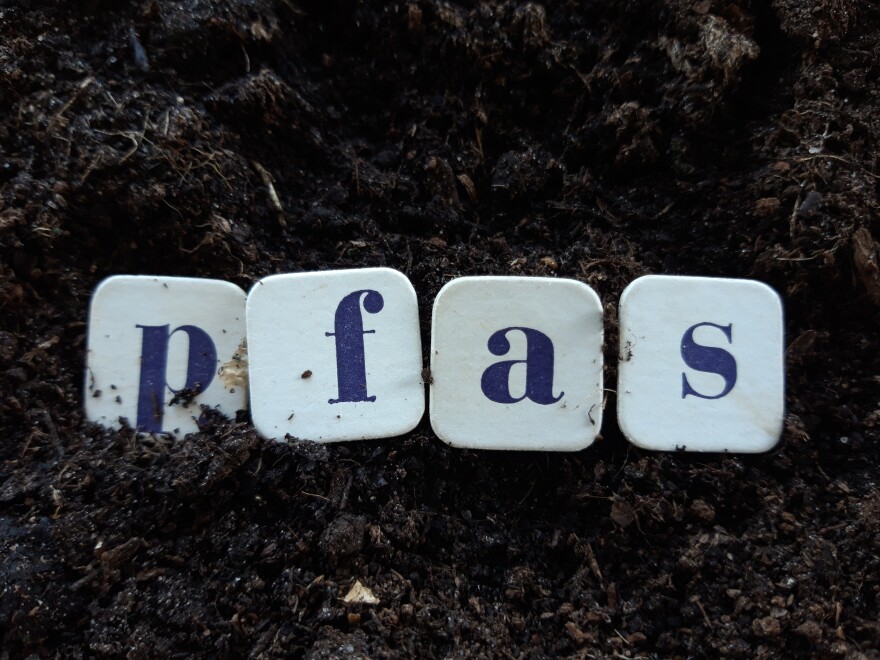As Wisconsin works on what to do about PFAS pollution, neighboring states are also trying to address the problem.
Illinois has enacted a new law to prohibit the incineration of some PFAS-based substances.
The man-made chemical compounds are most commonly associated with groundwater pollution.
But Sonya Lunder - senior toxics policy advisor with the Sierra Club - said the per-and poly-fluoroalkyl substances may even be able to withstand high-power incinerators, which have been used to dispose of PFAS-based materials.
She explained that the extreme heat can even cause chemical reactions in the compounds.
"If they're partially reacted, they form a variety of harmful breakdown products," said Lunder, "and/or the PFAS would literally just be going up the stack and falling out in the nearby community."
The Centers for Disease Control and Prevention reports that scientists are still learning about the exact health effects PFAS could have. But high levels of PFAS contamination may lead to - among other issues - lower birth weights, increased risk of cancer and decreased vaccine response in children.
The National Institutes of Health reports there are about 5,000 distinct members of the PFAS family. Lunder explained the bill was narrowed to cover about 170 older PFAS compounds that are still found in some stored-but-unusable firefighting foams.
She said as new PFAS are developed and implemented, more expansive policies may be necessary.
"We are concerned," said Lunder, "because the chemical industry is so rapidly innovating and shifting to new and closely related chemicals that the narrowing that happened to the bill will mean that over time there will be other types of waste that could be burned."
While Illinois' ban may be relatively narrow in scope, Nicole Saulsberry - Illinois state government representative with the Sierra Club - contends it's one of the most robust PFAS-incineration policies in the country.
She explained the measure was based on similar policies in New York, but that those only cover specific communities.
"But with Illinois, it's a statewide ban," said Saulsberry. "So this bill that was passed in Illinois is historic in the sense that we're the only state to have a statewide ban on the incineration of PFAS."
PFAS are also known as "forever chemicals," as they'll essentially never break down under normal environmental conditions.
But Lunder explained that the Environmental Protection Agency is investigating a potential solution - using heat and pressure to destroy the compounds through a process known as supercritical water oxidation.





